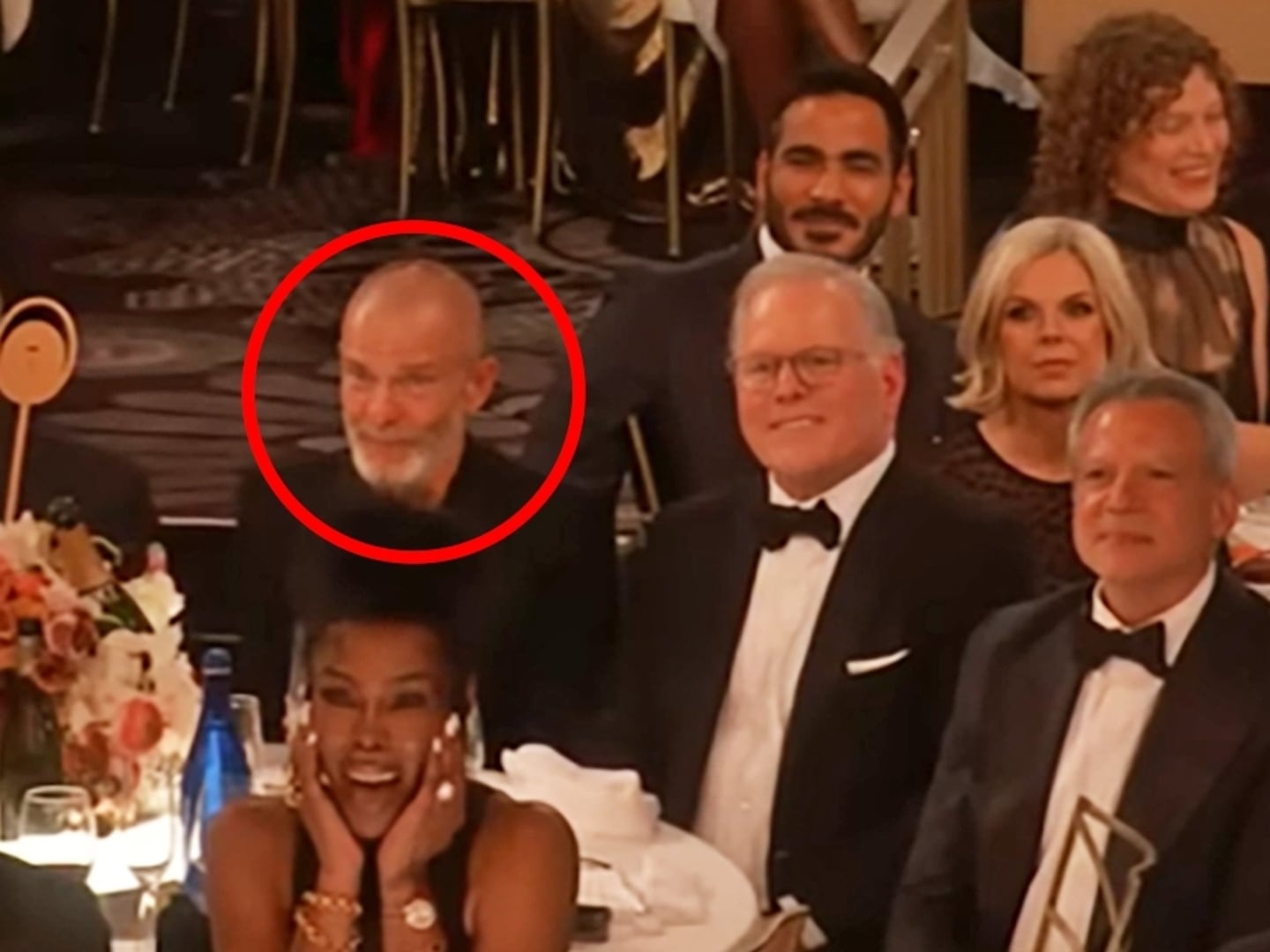If you heard the film Robot Dreams be called among the five Best Animated Feature nominees at this year’s Oscars ceremony and said, “What the hell is that?” you are not alone. This intrepid little movie, directed by Spanish filmmaker Pablo Berger, has taken its sweet time making its way to the United States. After premiering to raves at the 2023 Cannes Film Festival, Robot Dreams slowly trickled down through a few other festivals and had a brief, under-the-radar Oscar-qualifying run in the US. But the film’s distributor, Neon, didn’t get it widely in front of stateside eyes before the Oscars, leaving many to question its release strategy and go so far as to claim it bungled the movie’s momentum entirely.
While there’s merit to wondering whether the film might have been bigger with a different approach to its release, such questions fall away once you’re seated in front of Robot Dreams, which draws you in from its opening shots of a vividly illustrated 1980s New York City. Here, a bipedal canine named Dog languishes inside his apartment, channel surfing between playing rounds of Pong. The glow of his television distracts him from his window, where he can glimpse other animal couples and friends enjoying their time together. When Dog spots a TV ad for a mail-order mechanical friend named Robot, he jumps at the chance for some companionship, and Robot Dreams’ sweet story takes off.
Where this dialogue-free animated film can take you in just 102 minutes is nothing short of masterful. The movie is a feat of sight and sound, with delightful foley work and a beautifully composed score keeping its pacing at a pleasant stroll. It’s because the movie has no dialogue that it’s even more potent. Robot Dreams aims for your soul with a story that transcends language; its hard-hitting emotional moments don’t come from words but from actions. It may be trite to say that love is the one tongue everyone can understand, but that doesn’t make it any less true, and the film finds splendid new ways to illustrate this. And while it’s not all cheerful, Robot Dreams’ sadder moments make this whimsical friendship story all the more real.
For its first 20 minutes, Robot Dreams brims with the sweet, sunny vitality of a hot summer day in the city. After Robot arrives, Dog assembles his purchase and finds that, although Robot needs a little guidance when it comes to assimilating with the public, this was money well spent. The two are fast friends, sipping Tab together as they stroll down the street past laundromats, bakeries, barber shops, and electronics stores, each filled with their own unique furry characters. A trip to Central Park introduces the film’s narrative centerpiece when Robot and Dog hold hands while searching for a spot to rollerskate. Seeing the two friends killing it on their skates, a nearby lion breaks out a boombox, and the pair skate-dance to Earth, Wind, and Fire’s “September.”

A production still from Robot Dreams.
Wild BunchThis needle drop is a critical part of Robot Dreams that will find its way back into the story again and again, somehow never tiring the viewer despite “September” being a great yet classically overplayed song. (I’m not hearing arguments otherwise!) A lovely piano cover of the tune pops up in the next scene, when Dog and Robot take a trip to Coney Island to relax at the beach. Putting a robot in water seems like a risky move, and even though this advanced piece of technology can swim and dive, Robot still needs some oil to be able to move after coming into contact with the ocean. It’s a misstep that Dog doesn’t realize, and when the beach closes and Robot can’t get up to leave with him, Dog tries to no avail to help his friend before tucking him in and leaving home overnight, returning in the morning with some oil to bring him home.
There’s just one problem: That day was the end of the season, and the beach is now closed until next summer. And though Dog tries everything in his power—legal or otherwise—to get down to the beach to save his friend, he runs into problems every time. Suddenly, this cheerful little movie becomes terribly gloomy, but Berger and co-writer Sara Varon handle this twist with careful hands and realism. We’re reminded that occasional cracks in a friendship can sometimes be no one’s fault, but that doesn’t make them hurt any less. And as the seasons change—and Dog watches the calendar, waiting for the beach to reopen—both Dog and Robot realize that finding someone who you’re genuinely close to is much harder than they ever could’ve realized.
Though this is a seemingly straightforward sentiment, Robot Dreams repeatedly affirms it with magnificently animated vignettes, giving audiences a little taste of what each character is up to. Dog tries his best to make a new pal while he waits for his best buddy to be accessible to him again, but in the isolating world of New York City, it proves difficult to connect. Robot, however, has a somewhat simpler time, becoming a helpful staple to the creatures who frequent the beach in its off-season. Other times, Berger and Varon will let us peer inside Robot’s programming, where he imagines fantastical scenarios where he and Dog are together again that will leave you grinning ear to ear until we’re thrust back into a colder reality.
Robot Dreams’ deft balance of its world’s warmth with its chilly indifference is one of the film’s greatest strengths. Though the movie’s vision of 1980s New York might be filled with animals and not humans, it’s no different than the one we understand as our own. That’s one of the movie’s clever tricks: depicting how companionship is an interspecies phenomenon that isn’t unique to mankind. Love and connection stretch beyond what a human mind can comprehend, and trickle down to the animal instincts of dogs, ducks, cats, giraffes, raccoons, and more.
Of course, Dog eventually returns to the beach when it reopens. But the reunion does not go as he or Robot had hoped, with its final act taking you on an intense ride—one that not even the stoniest of viewers will be able to withstand. It’s a melancholic denouement, but undeniably authentic. Sometimes, we drift and lose touch with people we love. It’s a natural phenomenon that no human can avoid. But affection remains steadfast and comes racing back when you see that old friend again. Berger and Varon don’t make it quite that simple, but nothing about this movie—that has such a handle on the human condition—is simple. Robot Dreams will cradle your heart before breaking it, only to tape it back together again, a little scarred but still functioning. See it with a friend who would handle yours with the same care.






